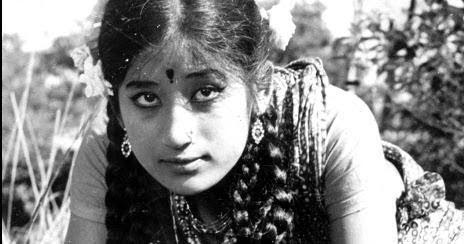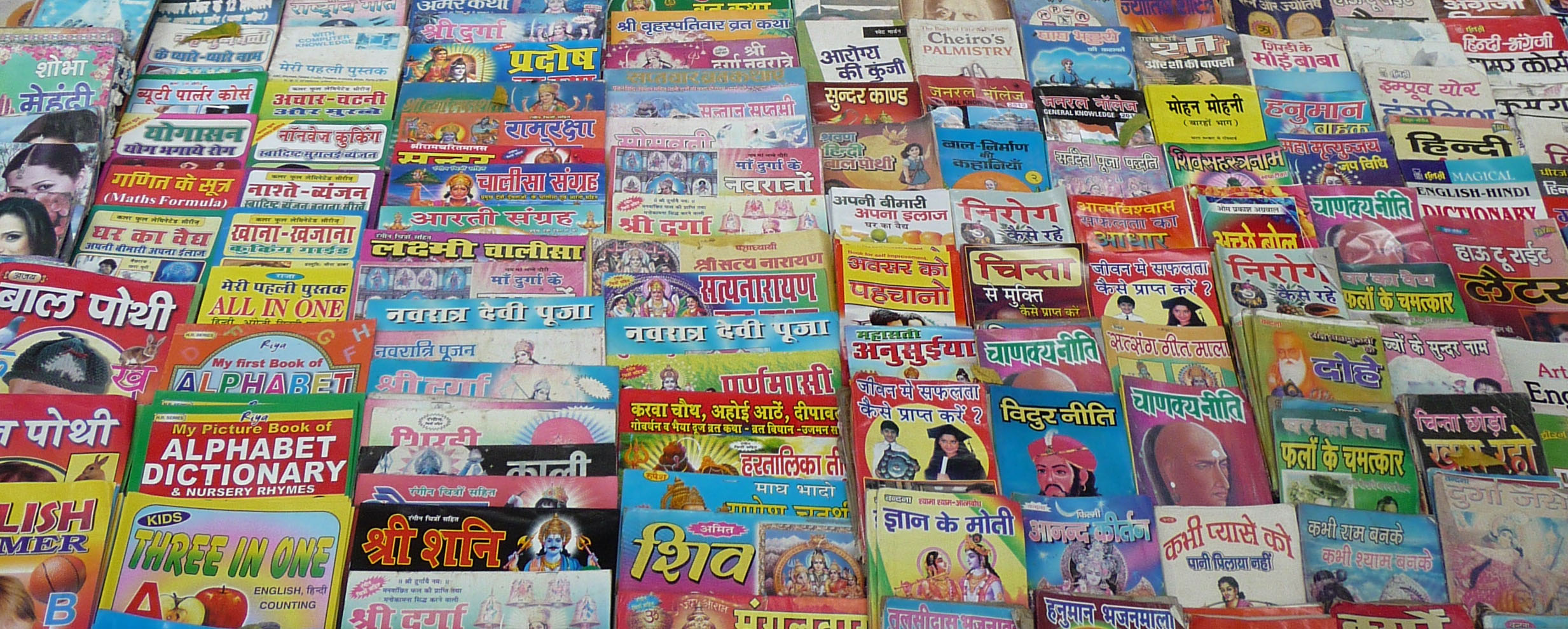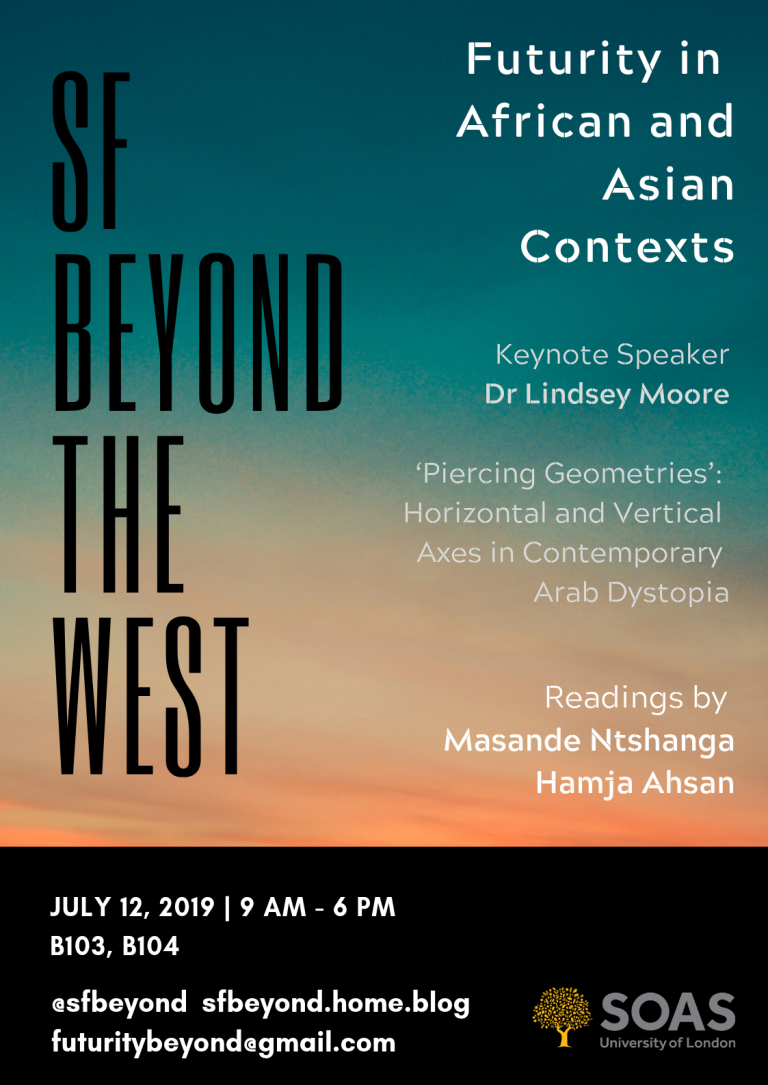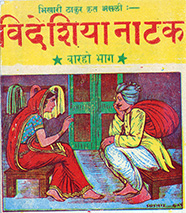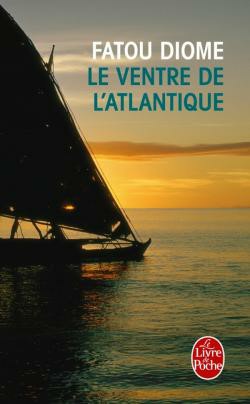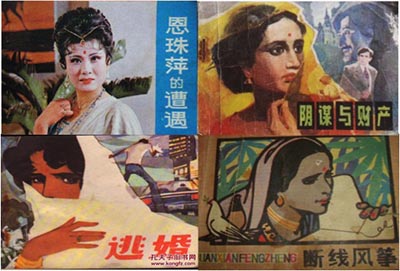Our research shows that, partly for material reasons, magazines and short genres have been much more significant for the visibility and circulation of world literature, at least in the regions of our project.
Literary Distance in Southern African Journals: The Case of Charrua
Stefan Helgesson is professor of English at Stockholm University. His research interests include southern African literature in English and Portuguese, Brazilian literature, postcolonial theory, translation theory and theories of world literature. Literary Distance in Southern African Journals: The Case of Charrua Often short-lived, literary journals proliferated in twentieth century in



